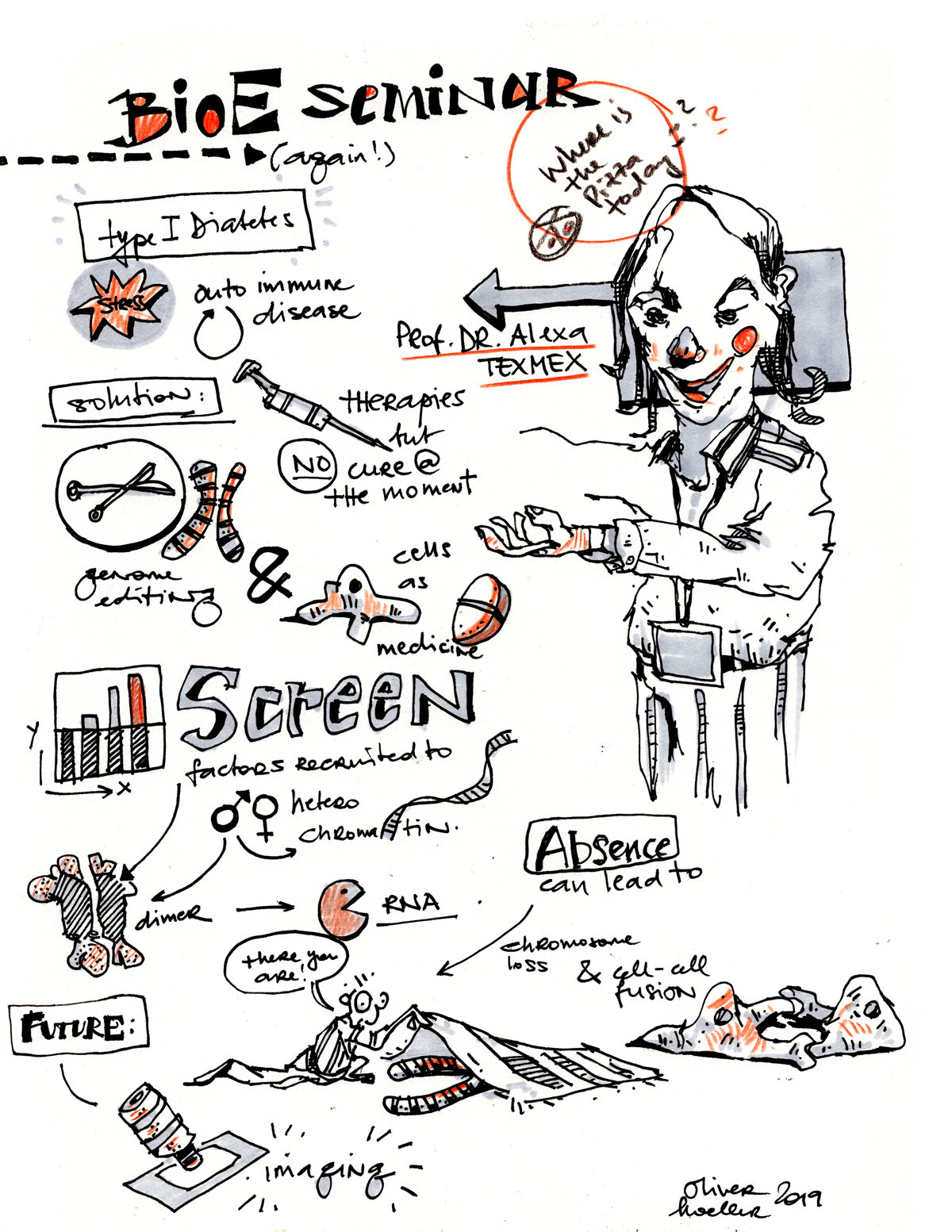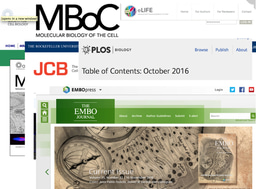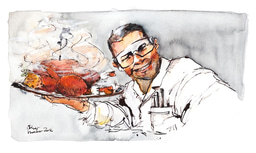

Why has note-taking at seminars become so rare?
Low light, hushed atmosphere, and maybe – if you’re lucky – comfy chairs. Plus, a brief suspension of time. The hubbub of the bench calmed for 45-60 minutes of the working day and the vicissitudes of research at least temporarily set to one side.
With such enticements, it’s easy to overlook the fact that seminars are not an interlude from the working day: they are part of it. When you are at a seminar you’re working, and working as much as you are at the bench. Despite appearances, it’s not a chance to tune out, quietly metabolise the last few molecules of alcohol from the night before, and drift off into reveries about what you’re going to have for lunch (or dinner).
Critically reading papers is part of our job, and attentively attending seminars is also part of our job. Attending seminars means absorbing information on current advances in your field, keeping an open mind to new techniques and new ideas, and learning about more disparate research areas that it would be hard to commit time to reading about.
Plus, seminars have certain advantages over reading papers. Regardless of reputation, it is an enormous privilege to hear a scientist give you their time and talk about their own work in person. Given too that the seminar format is less constrained than the publishing one, you are effectively being given a digest of one or more publications in the author’s own words.
Furthermore, some work is arguably best digested in the seminar format. Structural biology in particular benefits from having a speaker walk you through the data, so that you see exactly where those tiny side chains in those baffling figure panels are actually positioned.
With all that, why is it the case that almost nobody takes notes in seminars? And because of that, is it any wonder that there are often so few questions – especially from the younger scientists in the audience – afterwards?
There’s an old trope in philosophy about whether a tree falling in a forest actually makes a sound if nobody was there to hear it (ignore the literal dismissal on the basis of sound waves – this concerns the interplay between observation and perception). By the same token, if you sit through a seminar but are not able to reconstruct any details from it afterwards, were you really there? (or were you mentally teleported to the cafeteria?). Concentration lapses at the bench are seen as something to be avoided, so why is concentration during a seminar seen as optional?
In fairness, some speakers make more demands on our concentration than others. A poor seminar may require extra cognitive effort to follow it, but equally a smooth salesperson may try to present something methodologically or scientifically unsound. The best way of distinguishing between these situations and the myriad permutations in between is to have good notes.
Good note-taking is a skill in and of itself, and closely related to critical reading. It’s about keeping sight of the argument’s real trajectory, looking for correct experimental controls, and searching for gaps in logic, or interpretational bias. And all of that in real time. It is an essential part of our mental armament, and key to the development of a true scientific mindset.
With that in mind, treat every seminar as a cognitive exercise, and set yourself the target of asking a question in every single talk you attend. If you’re not yet comfortable asking questions (see TIR’s handy guide if you’re looking for advice), then write down a question that you would have liked to ask. Then either e-mail the speaker afterwards, or ask your mentor/supervisor instead.
Having to take notes forces you to concentrate, and lets you see when your attention or your comprehension begins to fade. If seminars are closest that science gets to theatre, then it’s the duty of seminar audiences to serve not as fan club members, but as theatre critics.
Originally poster on Total Internal Reflection – here.





Join the FEBS Network today
Joining the FEBS Network’s molecular life sciences community enables you to access special content on the site, present your profile, 'follow' contributors, 'comment' on and 'like' content, post your own content, and set up a tailored email digest for updates.